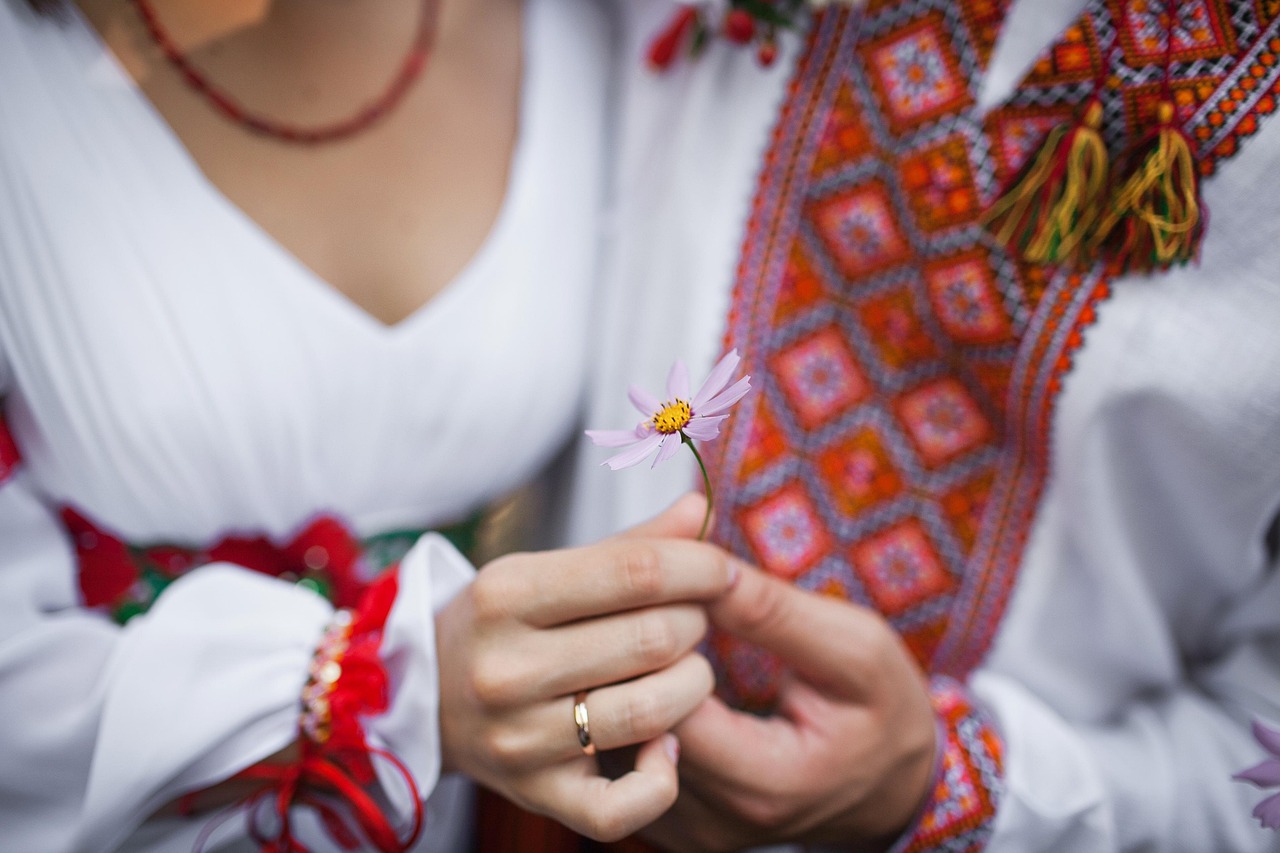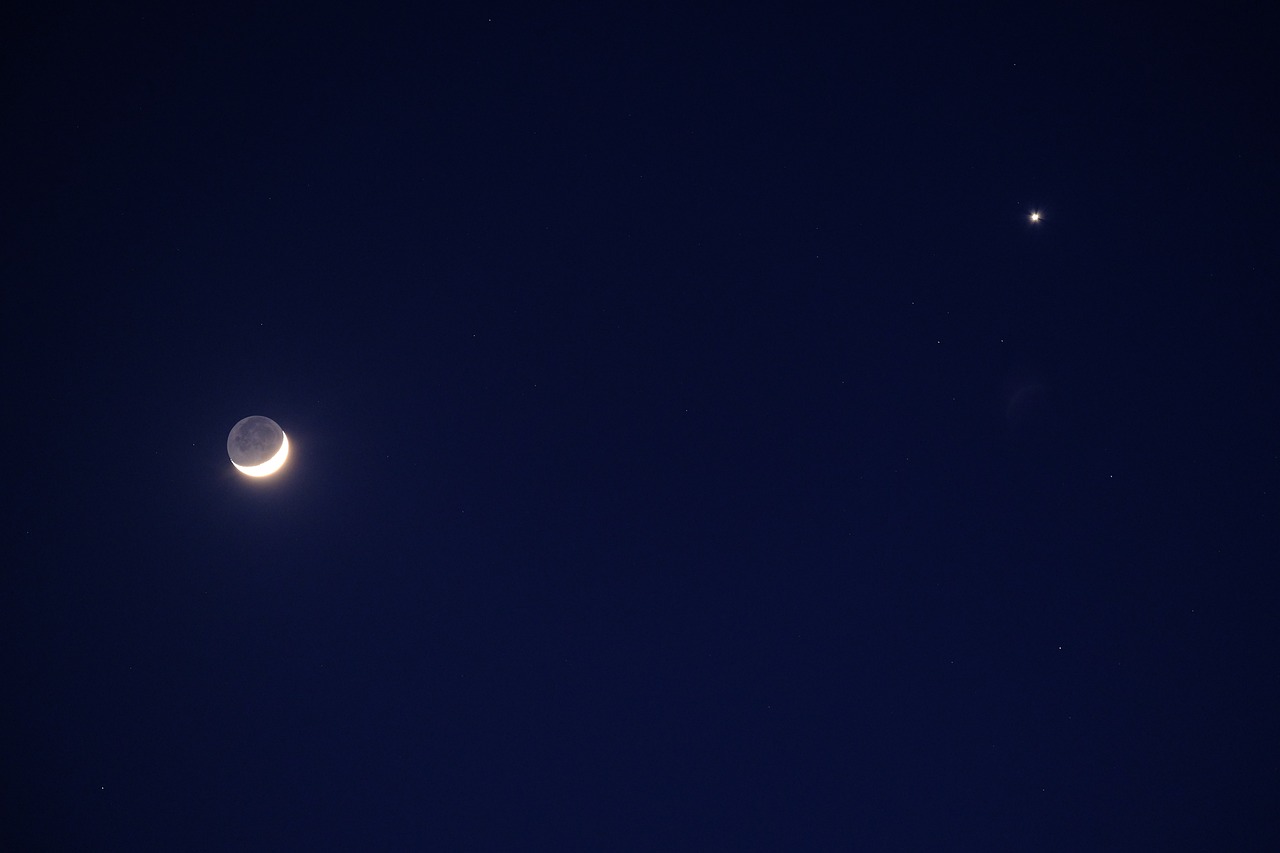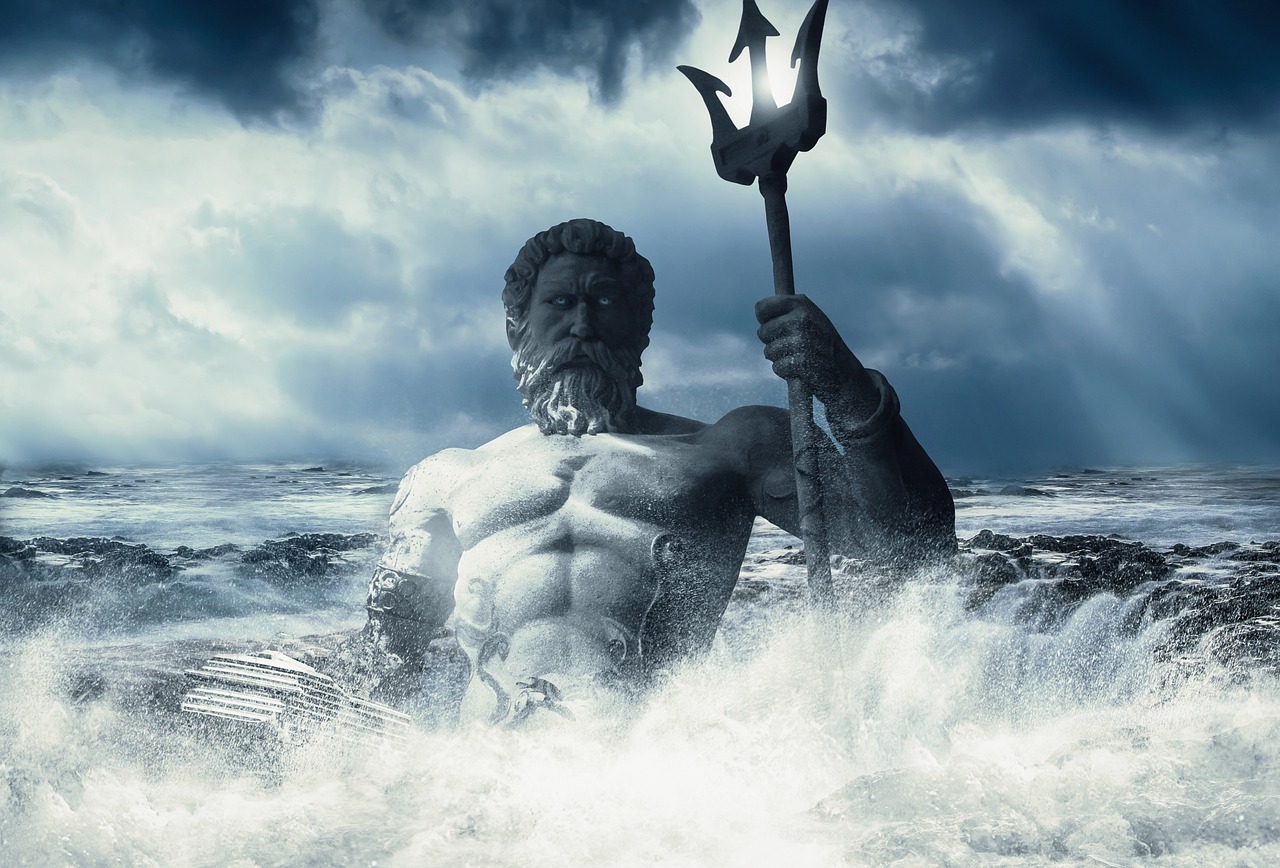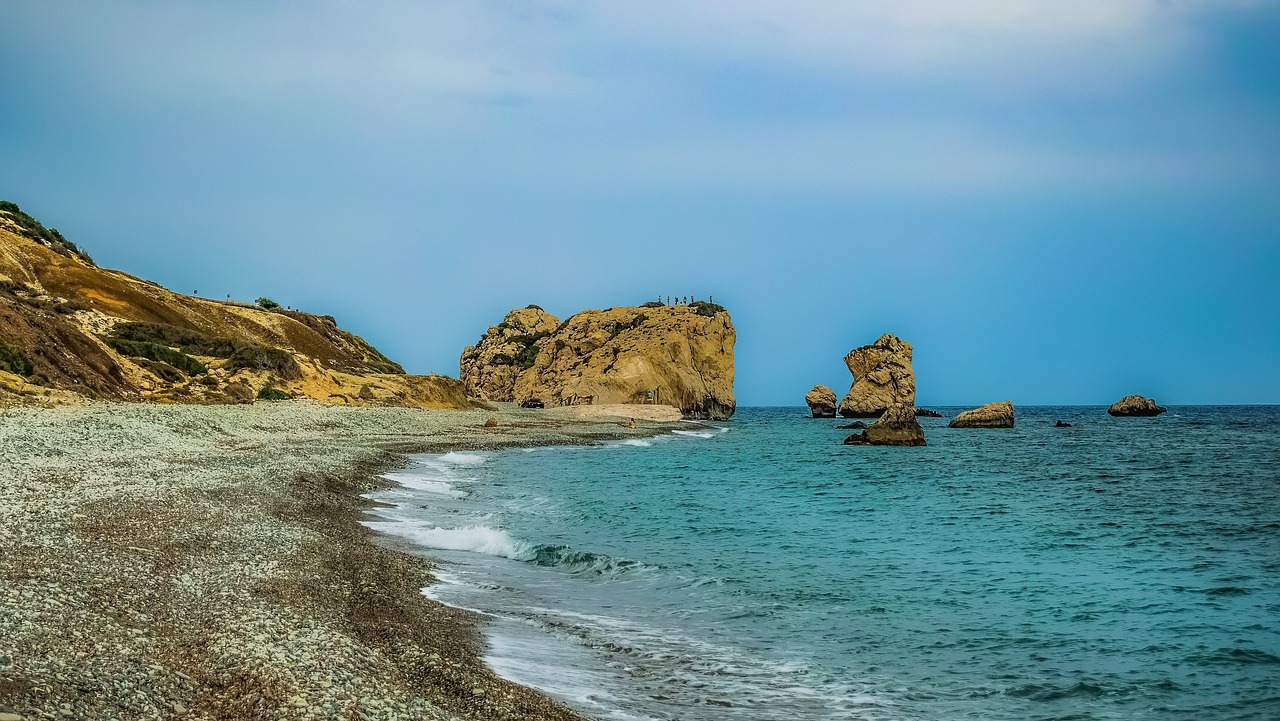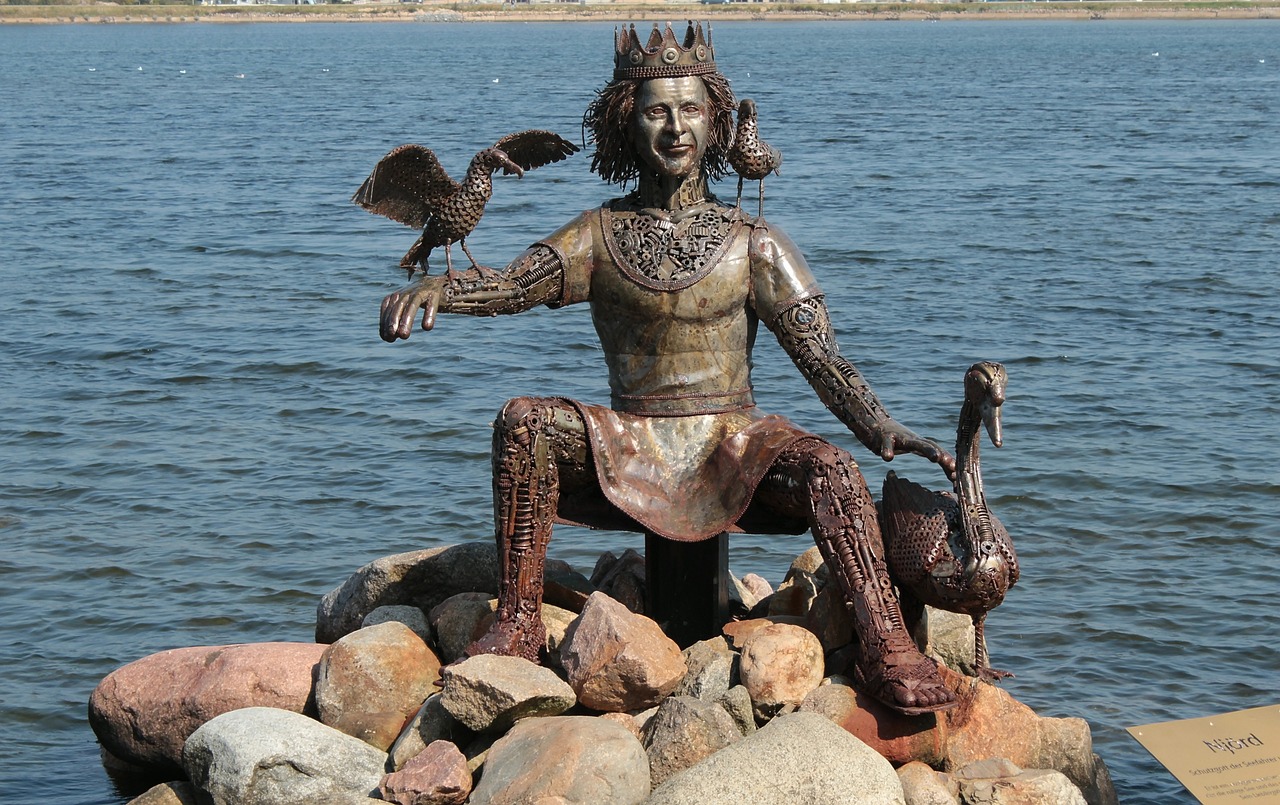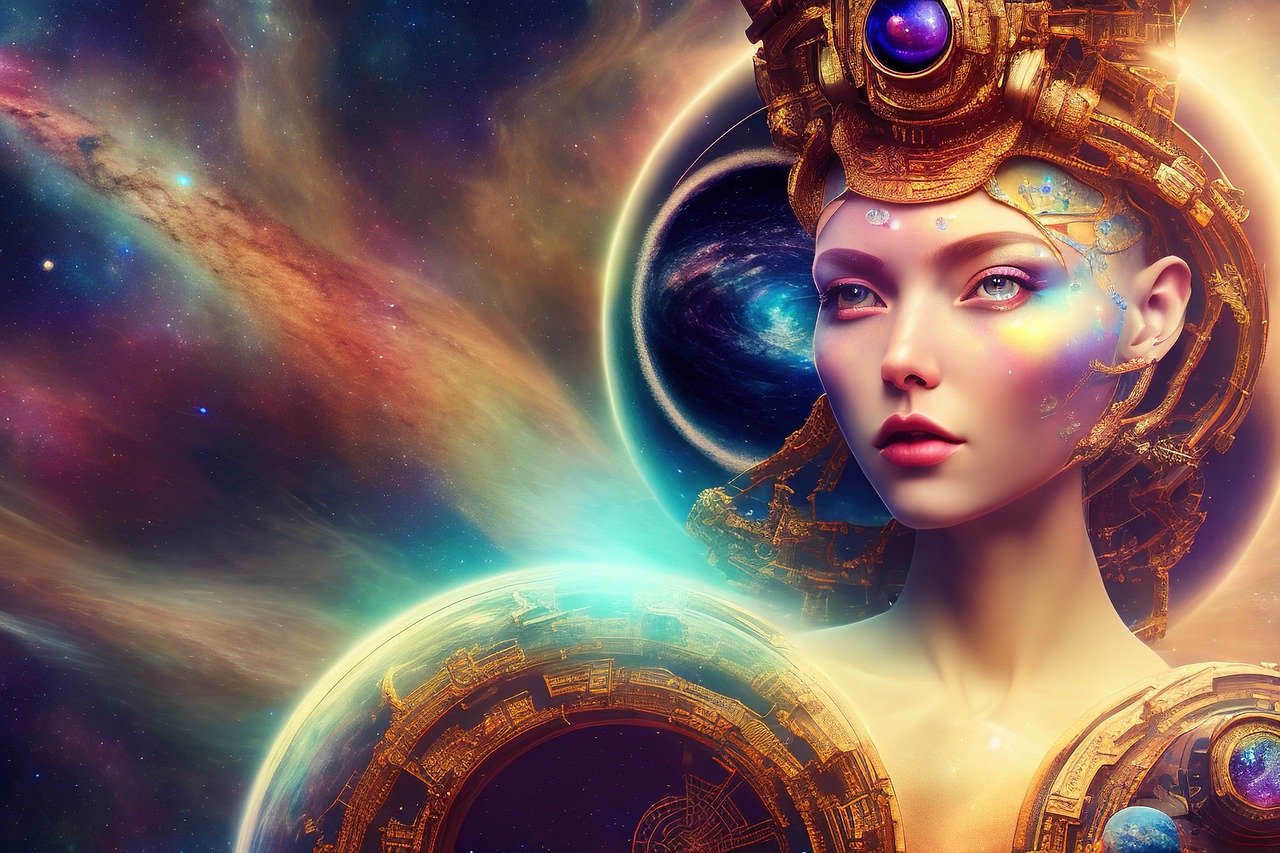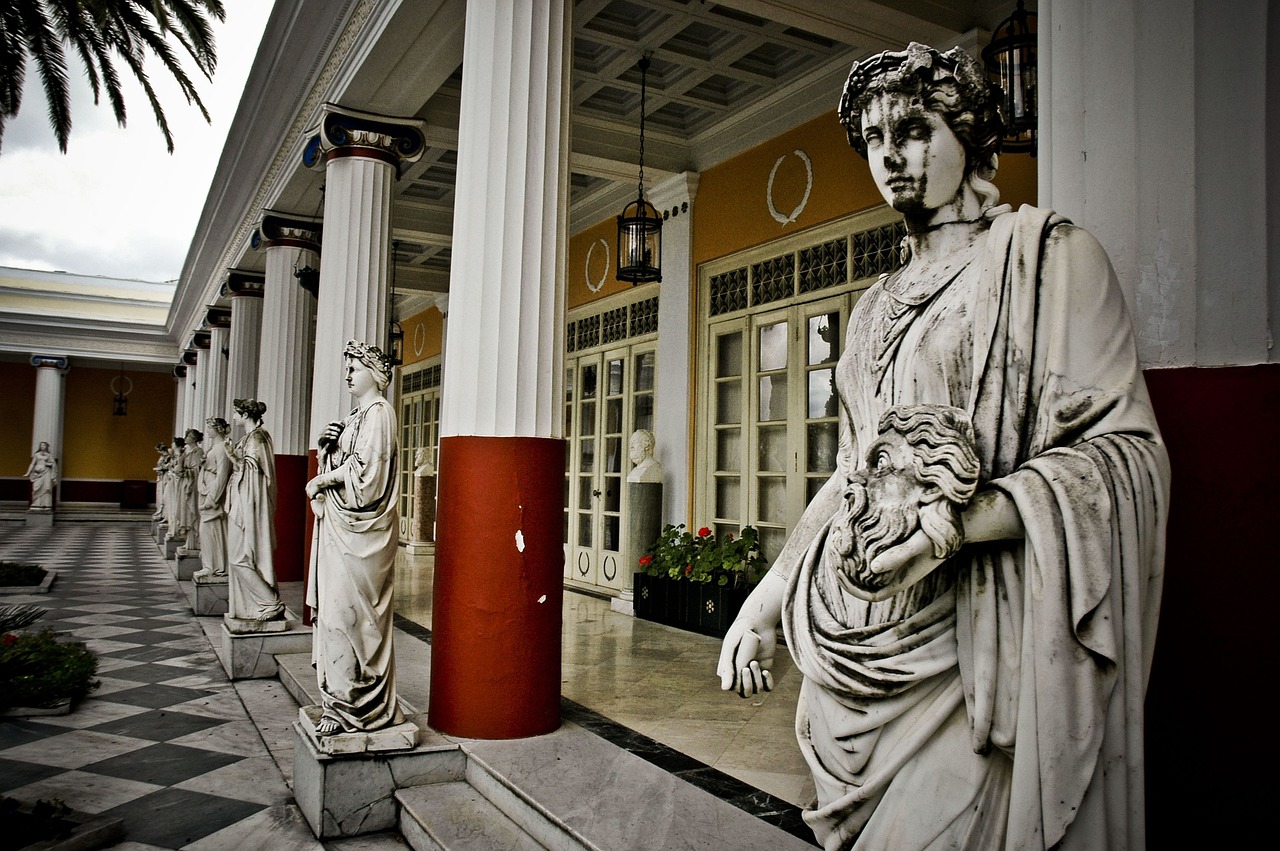Tag: Mythology
-
Enigmatic Creatures from Folklore and Mythology The vast realm of folklore and mythology across cultures reveals fascinating tales of unique creatures. From the burning shepherd of Dutch lore to the water spirits of the Amazon, these stories serve as windows into the values and fears of their respective societies. The Burning Shepherd In the serene…
-
Goibniu, a pivotal figure from the Tuatha Dé Danann, stands among the trio of gods embodying craft—known as na trídé dána—alongside fellow deities Credne and Luchta. His most vivid portrayal is found in the epic narrative of Cath Maige Tuired, where he serves as an indefatigable armorer. In this tale, he equips Lug Lámfhota with…
-
The Significance of Venus in Mythology Venus, recognized as the most luminous object in the night sky after the Sun and the Moon, has captivated human interest since prehistoric times. In places like Siberia, it stood alone among the planets with its distinct name, Cholbon. This planet was linked with both the Morning Star and…
-
The Roman Empire was characterized by a rich polytheistic tradition, wherein its citizens acknowledged and worshipped numerous deities. Although monotheistic faiths, such as Judaism and early Christianity, existed within the empire, the reverence for multiple gods remained prevalent. The Romans believed these divine beings were instrumental in establishing their civilization and continued to influence the…
-
Aphrodite: The Olympian Goddess of Love and Beauty Aphrodite, the revered Olympian deity, embodies love, beauty, pleasure, and procreation. Often illustrated as an exquisite woman alongside Eros, the winged god of love, her symbols include a dove, an apple, a scallop shell, and a mirror. Classical artworks, such as sculptures and frescoes, typically portray her…
-
The Multifaceted Nature of Horus in Ancient Egyptian Mythology Horus, an esteemed sky god in ancient Egyptian mythology, primarily represents two gods: Horus the Elder, the last of the original five deities, and Horus the Younger, the offspring of Osiris and Isis. As historian Jimmy Dunn observes, Horus is the most significant of the avian…
-
In Roman mythology, Venus represents the goddess associated with love, beauty, sex, and fertility. She parallels the Greek goddess Aphrodite, yet encompasses more attributes, serving as a goddess of victory, fertility, and even prostitution. The origins of Aphrodite, as described in Hesiod’s Theogony, detail her emergence from the sea foam, following the bloody castration of…
-
Hercules: The Mortal Hero with a Divine Heritage Hercules, though not a god, emerged as a figure of incredible significance within mythology, stemming from a complex lineage. His father was Zeus, the king of the gods residing atop Mount Olympus, while his mother, Alcmene, was a descendant of the famed hero Perseus, known for slaying…
-
The influence of Greek culture on the Roman Republic was profound, especially as the Greeks maintained a significant presence on the island of Sicily for centuries. The conflicts in the 2nd and 3rd centuries BCE led to an influx of Hellenic culture in the form of art, philosophy, literature, and, crucially, religion. Prior to the…
-
Greek mythology comprises a rich tapestry of narratives that delve into the deities, heroes, and rituals of ancient Greek culture and classical antiquity. While some intellectuals, like the philosopher Plato during the 5th to 4th century BCE, acknowledged that these myths had a significant fictional component, they were generally regarded by the common populace as…

